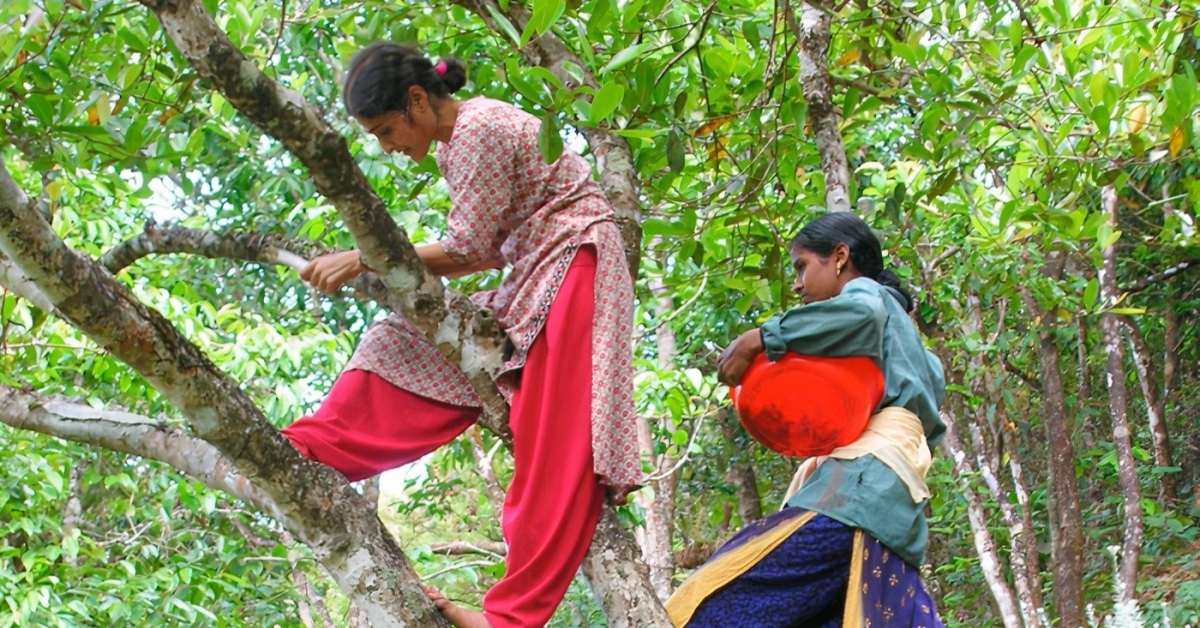The United Nations Human Rights Committee, at a Thursday session in Geneva, asked for more information on China's plan for elections in Hong Kong and said the city's residents' should have the right to both vote and stand for elections, according to a statement on Friday.
The statement comes amid a four-week run of protests in the city over Beijing's decision on August 31 that candidates for Hong Kong chief executive must be prescreened by a nominating committee. Protesters are calling for direct nominations.
The committee, made up of 18 independent experts who monitor the implementation of the International Covenant on Civil and Political Rights, plans to send a letter to the Hong Kong government requesting information about how Hong Kong plans to elect its next chief executive.
The purpose is to see whether the Beijing plan for Hong Kong's 2017 election would comply with the treaty, according to an audio recording of the meeting. Hong Kong has been a party to the nonbinding treaty since British rule. China has signed the treaty, but the government has never ratified it.
Asked about the committee's move, Hua Chunying, a Chinese Foreign Ministry spokeswoman, said, "Since the return of Hong Kong to Chinese rule, the basic rights and freedoms of its residents have been fully guaranteed in accordance with the Basic Law," Hong Kong's de facto constitution.
Ms Hua said Beijing's decision on August 31 was taken "with full consideration of views garnered from across the social spectrum, and is in line with actual conditions in Hong Kong. It's the basis for electing Hong Kong's chief executive, and has unshakable legal status and effectiveness."
The Hong Kong government said Friday that it will implement universal suffrage for the chief executive in 2017 strictly in accordance with the Basic Law and China's decision and "will consult the public on the specific method" for selecting the city's leader at an appropriate juncture.
Ms Hua noted that China isn't a party state to the treaty. She added the covenant "isn't a benchmark for assessing Hong Kong's political development."
The committee's recommendations aren't legally binding, but could lend momentum to the student-led protest movement in Hong Kong that calls for citizens to be able to choose their own candidates for the election of the city's next leader in 2017.
In the latest report that the Hong Kong government submitted to the UN Human Rights Committee earlier this month, it said the selection of the chief executive by popular vote upon nomination by "a broadly representative" nominating committee is in accordance with the "democratic process" and has its origin in Hong Kong's Basic Law, its de facto constitution.
"Because the committee has spoken, it should be a reason for everyone to calm down and say we will revisit the issue," said Emily Lau, the chairwoman of the Democratic Party in Hong Kong, who attended the meeting in Geneva.
Human Rights Committee says citizens should be able to vote, stand for election.
Published
















